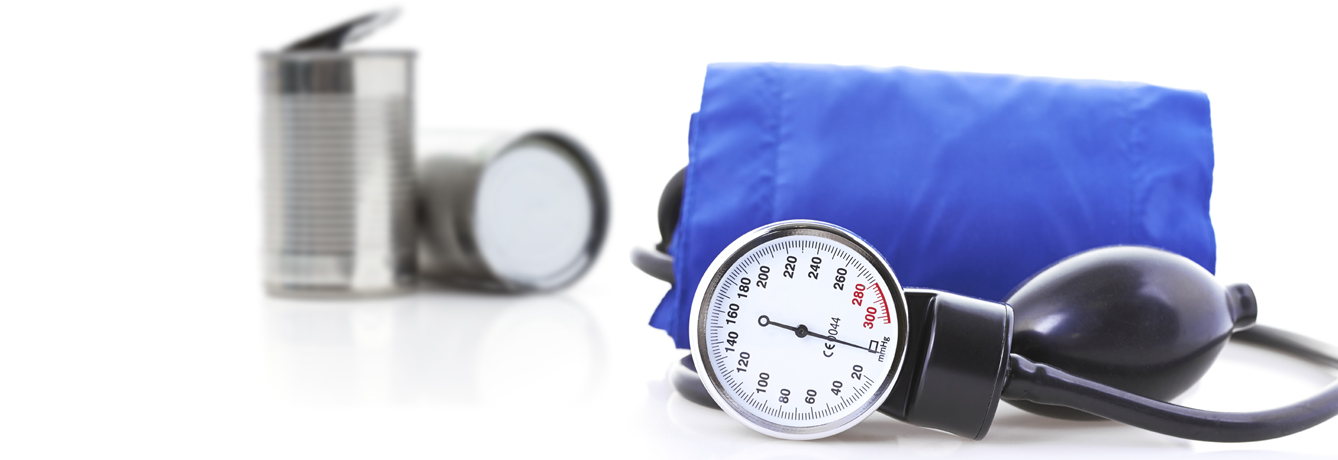These days it can be tough to keep track of all the buzzwords and acronyms in the health world, know what they mean, and understand how they might affect your health. Chances are you’ve heard of BPA, but what do these three letters mean for your heart?
Bisphenol A (BPA) is a chemical used to make certain plastics and epoxy resins, materials used in a variety of plastic bottles, food containers, and the inner lining of some cans. Though BPA is meant to act as a protective lining to prevent the food from touching the metal of the can, research now shows it may be posing other health risks, including asthma, early puberty, and anxiety.
South Korean researchers decided to test if BPA also has an effect on blood pressure. For the study, the researchers gave 60 participants, all 60 years of age or older, soy milk on three different occasions. At each visit, participants drank two 195 mL servings of soy milk in one of three combinations: two BPA-lined cans, two glass bottles, or one BPA-lined can and one glass bottle. Over the course of three visits, everyone was given each combination once. Researchers measured both urinary BPA concentration and blood pressure before and after soy milk consumption at each visit.
Participants’ BPA concentrations were 1,600% higher after drinking soy milk from cans compared with after drinking soy milk from the glass containers. Systolic blood pressure was also 5.0 mmHg higher in participants after drinking from cans compared with after drinking from glass, which may be enough to pose health threats including heart and arterial disease. (An increase of 20 mmHg can double risk of cardiovascular disease.)
Researchers suggest this happens because BPA can mimic estrogen in the body and will bind to certain estrogen receptors that could be responsible for controlling blood pressure. BPA may also disrupt the thyroid hormone, which could lead to elevated blood pressure. Importantly, researchers in this study only noted short term increases in blood pressure immediately after consumption of the soy milk, which might not necessarily lead to long term high blood pressure. However, repetitive short term increases in blood pressure could have negative health consequences.
Significantly, the cans used in this study did contain BPA, but there are many canned food options that are BPA free, including all DOLE products. Canned foods do have a place in the diet and offer convenient access to fruits, vegetables, beans, fish, and other nutritious foods at an affordable cost. When choosing canned foods, check to make sure the product is labeled “BPA free.” If you are unsure, call the product consumer center and ask or visit the company website. Eating canned foods can be a healthy option, you just have to choose the right ones.
Published February 1, 2015



